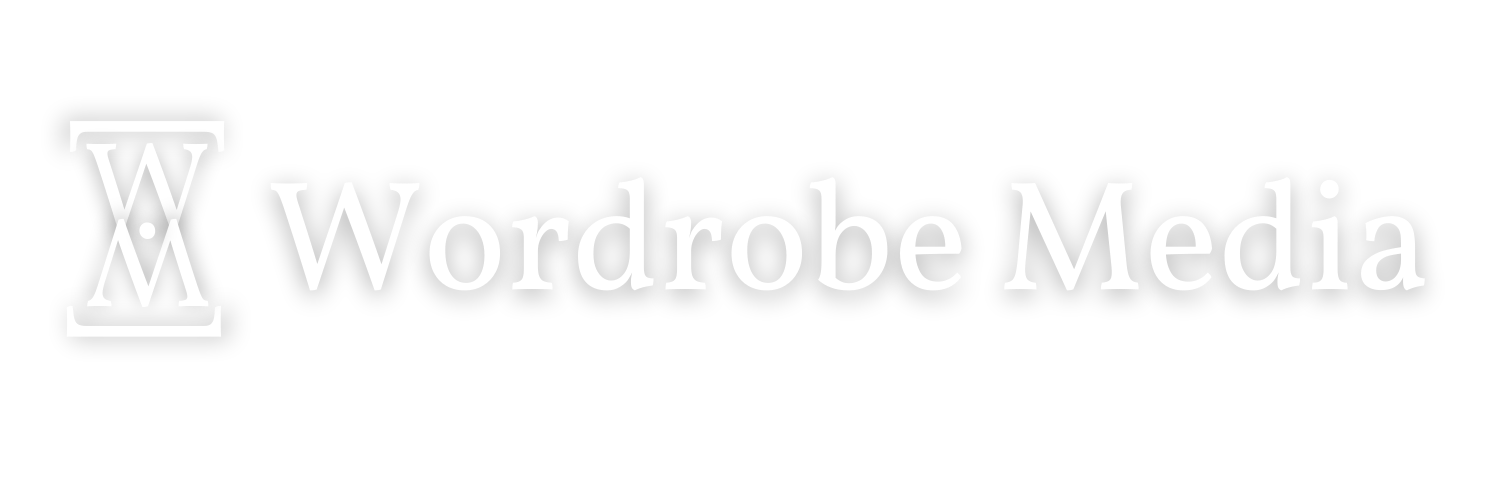What if Everything is Storytelling?
In 2018, I became a book coach without even realizing that was what I was doing. I was just trying to become a book editor and a couple friends at work asked me to help them with their respective book ideas. One book I did for free, because it was a children’s book. The next one, a collection of over 50 short memoirs, was my first paid gig as a book coach.
Over the following years, as I worked on books with new topics and even with top-tier Silicon Valley CEOs, I made a startling discovery:
Even people who are obsessed with Story often have too limited a view of what “story” actually means and what “storytelling” looks like.
I’ve found many aspiring nonfiction authors struggle with seeing themselves as storytellers because they equate storytelling with being an artist.
They’ll say, “I’m not a natural storyteller. I’m very process-oriented, very scientific in how I solve problems.”
Which showed me that, somewhere along the way, we separated art and science—spawning a false belief that you cannot be both artist and scientist.
The problem with this is, well…everything we know from history:
The pyramids of Egypt—both art and science.
The Great Wall of China—both art and science.
Leonardo da Vinci—both artist and scientist.
Walt Disney—both artist and scientist.
When you see storytelling as equal parts science and art, then you give yourself an infinite number of options for how to tell your story. An engineer tells a story through structural design. A COO tells a story through operational excellence. A data analyst uses metrics to uncover the stories no one else notices.
Everything is storytelling.
And I do mean everything.
The design of a building is a story. The meal you cook is a story. Your genetics compose a story. Medicine is a story. Your grandmother’s garden is a story. A tombstone is a story. Your coffee order is a story. The question is whether the story invites people in—or not. Whether it’s a good story—or not.’
And because everything is storytelling, it gives you more opportunities to transform an idea into impact. A story is just an Idea Package … or better yet, an Idea Vehicle. And you have a wide range of vehicles to choose from to share your story.
It’s similar with your story, too. As a storyteller, you’re taking readers on a journey, and you’re going to need more than one vehicle. Your vehicles could include:
Personal anecdotes
Case studies
Sharing about a mistake you made
Short, relatable examples
A problem you solved
Talking about someone you admire
An analogy
A speculative story
A funny picture you saw
An eye-catching brochure
A conversation with a friend
Storytelling is flexible. You should use whatever vehicle best fits the situation.
Because Everything is storytelling.
How you treat others … is a story.
How you solve problems… is a story.
How you communicate … is a story.
How you live and dream and build and breathe … is a story.
And all these stories—they can be good … or bad.
So to write great stories, we need to be better storytellers. Because then we can take our ideas—and with the power of Story, we can turn them into impact.
If you’re still struggling to see yourself as a Storyteller, then book a free 20-minute Q&A and let’s chat about it.
(And be on the lookout for my upcoming podcast “Everything is Storytelling.”)
And consider becoming a subscriber to the Everything is Storytelling Newsletter so content like this can come straight to your inbox!
